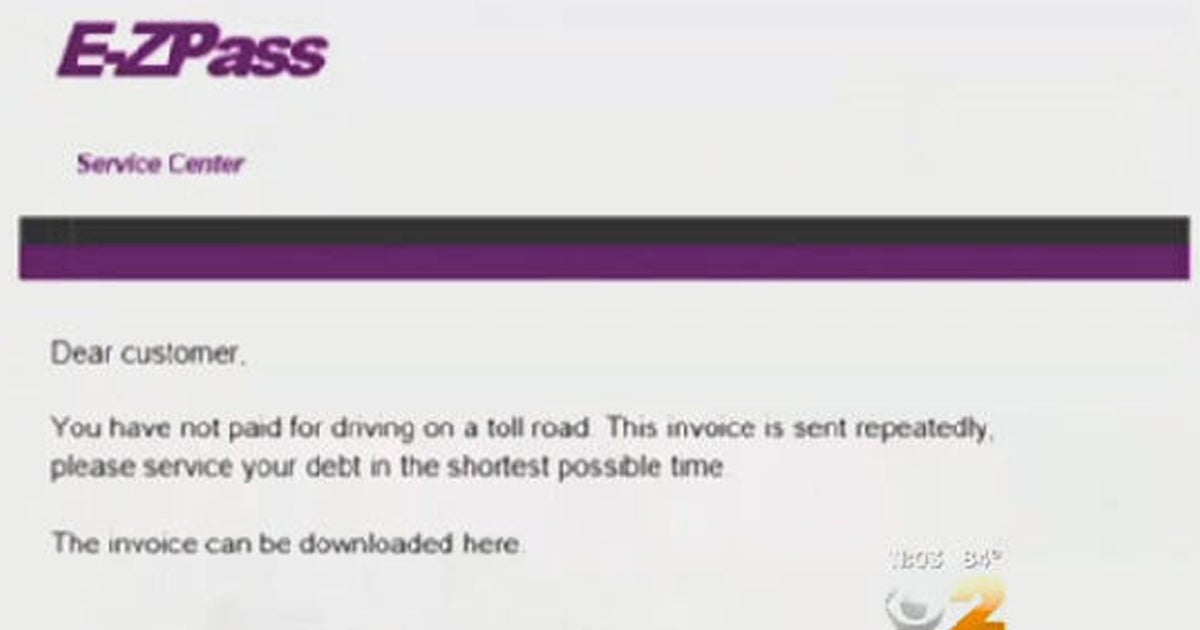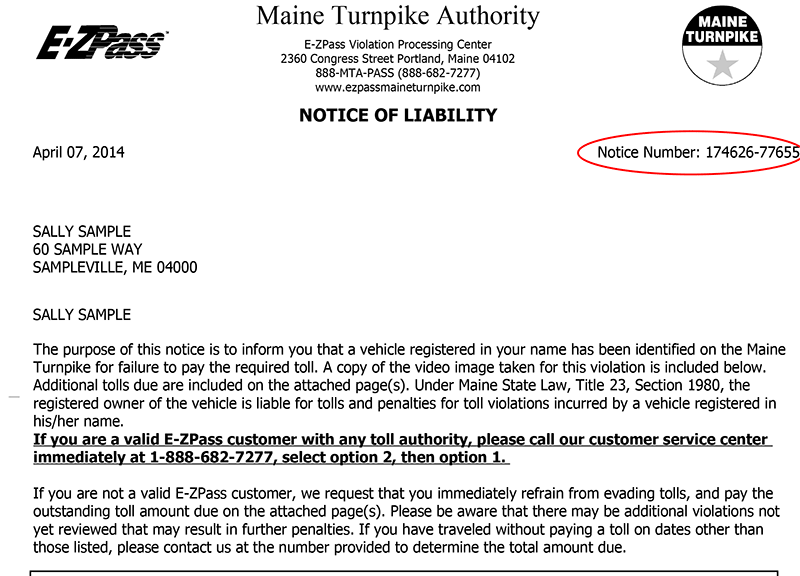Let’s talk about something that’s been buzzing around lately—E ZPass scam. It’s a topic that’s got people scratching their heads, and honestly, it’s time we clear the air. Whether you’re a regular commuter or someone who’s heard whispers about this, you’re in the right place. We’re diving deep into what’s real, what’s not, and how you can keep yourself safe.
Imagine this—you’re cruising down the highway, feeling all high-tech with your E ZPass, and suddenly you hear rumors of shady stuff going down. Scams? Fraud? Yeah, it sounds like a plot twist in a movie, but unfortunately, it’s a reality for some folks. So, what’s the deal? Is E ZPass really being targeted by scammers, or is it just another urban legend?
In this article, we’ll break it all down for you. From the basics of how E ZPass works to the potential red flags you need to watch out for, we’ve got your back. Stick around, because knowledge is power, and you’re about to become an expert in spotting and avoiding scams.
Read also:Punjabi Girl Viral Mms Video Unraveling The Controversy
What Exactly is E ZPass?
First things first, let’s get the basics straight. E ZPass is more than just a fancy gadget that lets you breeze through toll booths without fumbling for change. It’s an electronic toll collection system that’s been a game-changer for millions of drivers across the United States. The system uses radio frequency identification (RFID) technology to charge drivers automatically as they pass through toll plazas.
Here’s the kicker—it’s super convenient. No more stopping, no more delays, and no more worrying about exact change. But with convenience comes responsibility. And that’s where the E ZPass scam conversation comes into play. Let’s explore further.
How Does E ZPass Scam Work?
Now, here’s the part that’s got everyone talking. Scammers are clever, and they’ve found ways to exploit even the most advanced systems. The E ZPass scam typically involves fake emails, phishing attempts, and even counterfeit devices. Here’s how it usually goes down:
- Phishing Emails: You receive an email claiming there’s an issue with your E ZPass account. It might say you owe money or that your account is about to be suspended.
- Counterfeit Devices: Some scammers sell fake E ZPass devices online, claiming they’re genuine but are actually useless or even harmful to your vehicle’s system.
- Identity Theft: By tricking you into providing personal information, scammers can steal your identity and cause all sorts of chaos.
It’s like a digital heist, and you’re the target. But don’t worry—we’re here to arm you with the tools you need to stay safe.
Is E ZPass Really at Risk?
This is the million-dollar question, isn’t it? The short answer is yes, but only if you’re not careful. E ZPass itself is a secure system, but like any technology, it can be vulnerable if used improperly. The key is staying informed and vigilant.
Think of it like locking your front door. The lock itself is secure, but if you leave the key under the mat, you’re asking for trouble. Similarly, E ZPass is safe as long as you don’t fall for the tricks scammers use to gain access to your information.
Read also:Ralph Macchio The Iconic Actor Who Turned Karate Kid Into A Lifelong Legacy
What the Experts Say
According to a recent report by the Federal Trade Commission (FTC), E ZPass scams have been on the rise, especially during peak travel seasons. The FTC advises consumers to be cautious of unsolicited emails and to always verify the legitimacy of any communication related to their E ZPass account.
How to Spot an E ZPass Scam
So, how do you tell if something’s fishy? Here are a few red flags to watch out for:
- Emails with suspicious links or attachments
- Requests for personal information like Social Security numbers or credit card details
- Unusual charges on your E ZPass account
- Devices sold at prices that seem too good to be true
Trust your gut. If something feels off, it probably is. And remember, legitimate companies will never ask for sensitive information via email.
Protecting Yourself from E ZPass Scams
Now that you know what to look for, let’s talk about how to protect yourself. Here are some tips to keep your E ZPass safe:
- Enable Two-Factor Authentication: This adds an extra layer of security to your account.
- Monitor Your Account Regularly: Keep an eye on your transactions and report any discrepancies immediately.
- Only Purchase from Authorized Sellers: Stick to trusted retailers when buying E ZPass devices.
- Be Cautious with Emails: Don’t click on links or download attachments from unknown senders.
It’s like building a fortress around your information. The more precautions you take, the safer you’ll be.
Common Misconceptions About E ZPass Scams
There’s a lot of misinformation floating around, so let’s clear up a few common misconceptions:
- E ZPass Devices Can Be Hacked: Not exactly. While the device itself is secure, the information you provide when setting up your account can be vulnerable if not handled properly.
- All Emails from E ZPass Are Legitimate: Wrong. Always verify the sender’s email address and look for official contact information on the E ZPass website.
- You Can’t Dispute Charges: Absolutely false. If you notice any unauthorized charges, contact E ZPass customer service right away.
Knowledge is power, and understanding these misconceptions can help you stay one step ahead of the scammers.
Real-Life Examples of E ZPass Scams
Let’s look at a few real-life examples to see how these scams play out:
- A driver received an email claiming they owed money for unpaid tolls. The email contained a link to a fake website that harvested their login credentials.
- Another individual purchased a counterfeit E ZPass device online, only to discover it didn’t work and had been used to steal their credit card information.
These stories highlight the importance of staying vigilant and informed.
What to Do If You Fall Victim to an E ZPass Scam
No one likes to admit they’ve been scammed, but if it happens, here’s what you should do:
- Report the Scam: Contact E ZPass customer service immediately and file a report with the FTC.
- Change Your Passwords: Update all your account credentials to prevent further unauthorized access.
- Monitor Your Credit: Keep an eye on your credit reports for any suspicious activity.
It’s like patching a leaky roof. The sooner you act, the less damage will be done.
The Future of E ZPass Security
As technology evolves, so do the methods scammers use to exploit it. But the good news is that E ZPass and other electronic toll systems are constantly improving their security measures. From advanced encryption to biometric authentication, the future looks promising.
And guess what? You can play a role in this by staying informed and advocating for better security practices. It’s a team effort, and every bit helps.
Emerging Technologies in E ZPass Security
Here are a few exciting developments on the horizon:
- Biometric Authentication: Imagine using your fingerprint or face scan to secure your E ZPass account.
- Blockchain Technology: This could revolutionize how transactions are recorded and verified, making them virtually tamper-proof.
The future is bright, but it’s up to all of us to make it secure.
Conclusion: Stay Safe, Stay Smart
We’ve covered a lot of ground here, from the basics of E ZPass to the ins and outs of scams. The key takeaway is this—knowledge is your best defense. By staying informed and taking the necessary precautions, you can enjoy the convenience of E ZPass without worrying about scams.
So, what’s next? We encourage you to share this article with friends and family. The more people know, the safer we all are. And remember, if you ever have doubts, trust your instincts and verify everything.
Table of Contents
- E ZPass Scam: The Truth Behind the Headlines and How to Protect Yourself
- What Exactly is E ZPass?
- How Does E ZPass Scam Work?
- Is E ZPass Really at Risk?
- How to Spot an E ZPass Scam
- Protecting Yourself from E ZPass Scams
- Common Misconceptions About E ZPass Scams
- What to Do If You Fall Victim to an E ZPass Scam
- The Future of E ZPass Security
- Conclusion: Stay Safe, Stay Smart
That’s a wrap, folks. Stay safe out there, and keep cruising with confidence!


